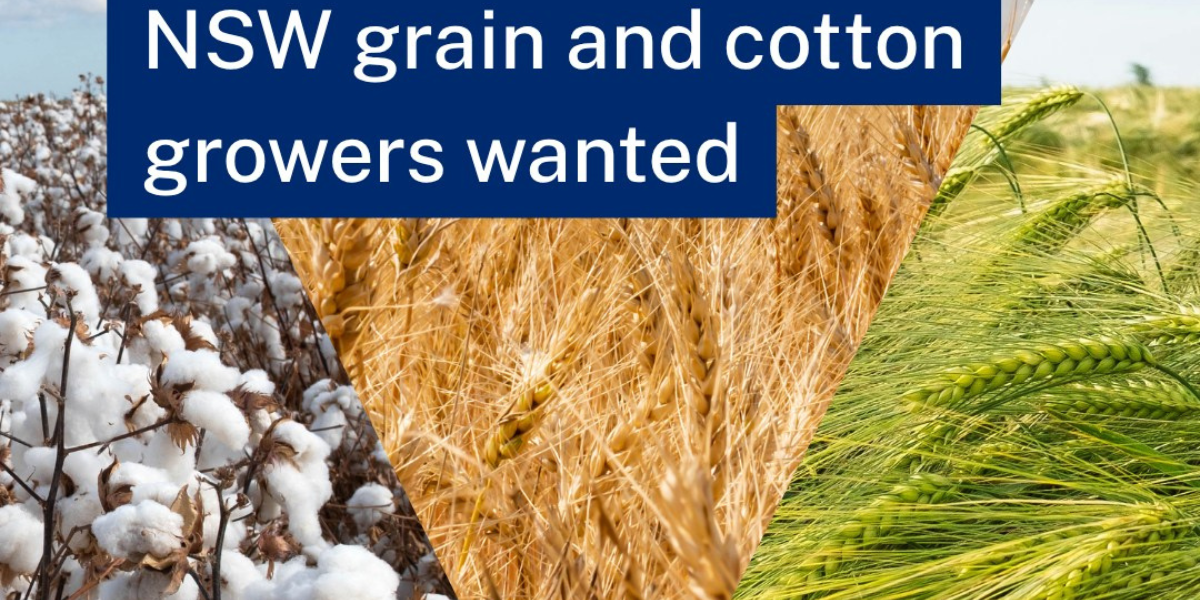Local grain and cotton growers are being invited to take part in a major new initiative aimed at reducing emissions while supporting profitable, productive farming across New South Wales. The NSW Department of Primary Industries and Regional Development has launched its Action Research Network (ARN) as part of the Low Emissions Intensity Farming Systems (LEIFS) program, a five-year project running from 2025 to 2029 that brings farmers, researchers, and industry partners together to trial and showcase practical, low-emissions farming solutions.
The Action Research Network is designed to operate directly on commercial farms, with growers hosting demonstration sites that reflect the diversity of NSW’s soil types, climates, and farming systems. By working in real-life paddock conditions rather than controlled research environments, the program aims to deliver information and tools that farmers can use immediately on their own enterprises. Participants will have the opportunity to test different greenhouse gas reduction strategies while monitoring how these approaches affect production, profitability, and long-term sustainability.
One of the core goals of the project is to help farmers build skills and confidence in understanding and reporting emissions intensity, a measurement that is becoming increasingly important across national and international supply chains. As major export markets begin requiring emissions data from producers, the ability to accurately track and report on-farm emissions is fast shifting from a niche interest to an essential part of doing business. To support this transition, the NSW Government and its research partners are developing automated carbon footprinting tools that will allow growers to measure emissions at the paddock scale with far less time and paperwork.
The LEIFS program is supported by a significant $39 million national investment, with contributions from the NSW Government, CSIRO, the Grains Research and Development Corporation, and the Cotton Research & Development Corporation. Through this collaboration, the Action Research Network will also provide growers with access to regional knowledge hubs, peer-to-peer learning opportunities, field days, and tailored technical advice. By connecting farmers with each other as well as with researchers, the program ensures that new practices are tested, refined, and shared quickly across districts.
Cotton regions are set to play a particularly important role, with several on-farm research hubs planned to trial automated measurement technologies and new low-emissions management practices. Grain growers are also encouraged to take part, especially those interested in exploring practices such as optimised fertiliser use, soil carbon management, stubble practices, and other emissions-reduction techniques suited to their local environment.
For many farmers, the program arrives at a crucial time. With climate variability increasing and industry expectations shifting, growers are looking for ways to stay ahead of regulatory and market pressures while maintaining strong yields. The Action Research Network aims to make this transition easier, providing practical tools, real-world demonstrations, and clear, locally relevant information.
Growers who would like to participate or receive updates can register their interest through the NSW Department of Primary Industries website. EOIs close on December 15. The hope is that, by working together across regions, NSW farmers can lead the nation in developing effective, future-focused approaches to low-emissions agriculture that keep local farming families thriving for generations to come.
Advertising with New England Times is a cost effective and reliable way to reach New England locals who are interested and engaged. Find out more here.

